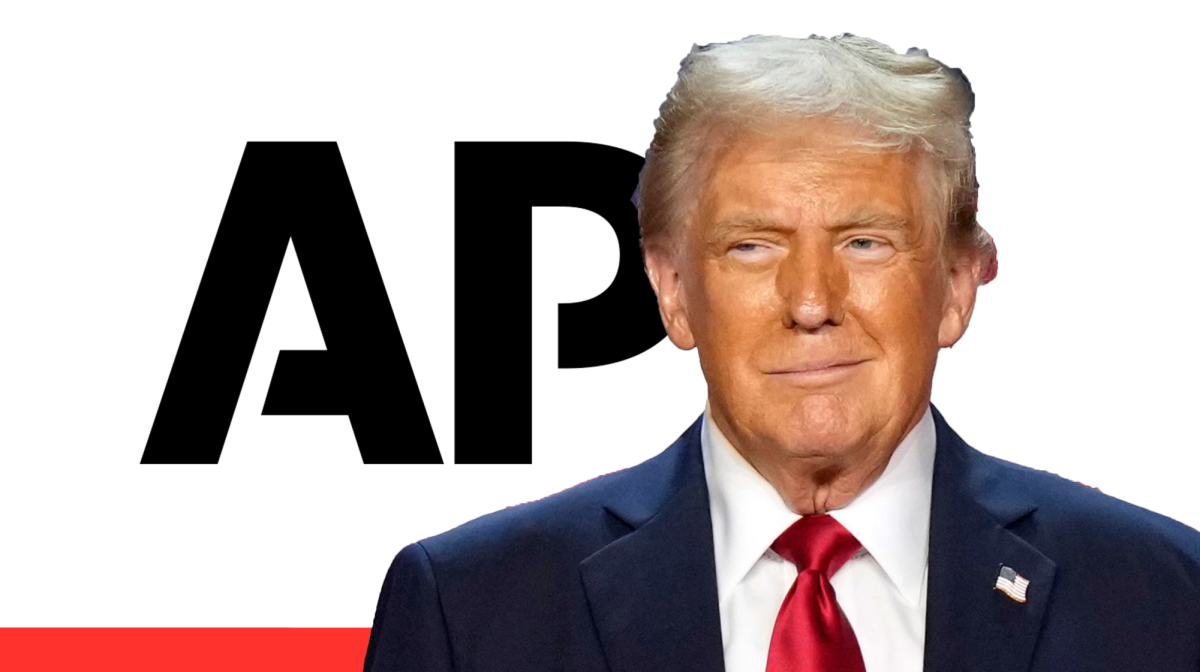BY BARBARA LEWIS, Staff Reporter
Cle Elum got its first medical marijuana collective about eight months ago, the Greener Frontier Collective, and now city officials are attempting to shut it down.
“The act of selling medical marijuana is not the issue,” Scott Fergusen, Cle Elum city police chief, said. “The issue is doing so with the city having a moratorium in effect.”
Cities around Washington reason that they enact these moratoriums, or bans, so they can have time to figure out any regulations, such as zoning issues, before any recreational marijuana producers, processors or retailers may come into their cities.
Although recreational marijuana officially became legal in Washington on Jan. 1, the moratoriums that individual cities enact prohibit both recreational and medical businesses from getting licensed.
The GFC claims they are not affected by the moratorium because it only bans marijuana businesses from the city.
“We are a collective garden and operate as such,” Paul Brice, GFC head volunteer, said. “We are not a business.”
A collective garden is a safe place where cardholders can get medical marijuana.
According to Washington state legislature, ‘collective garden’ means qualifying patients share responsibility for acquiring and supplying the resources to produce and process cannabis for medical use.
Brice said the city’s attorney had contacted theirs, but the GFC plans on remaining open unless they are deemed illegal. Cle Elum’s six-month moratorium was enacted last October.
“The building was leased before their moratorium was even up,” Brice said.
Mike Kenyan, Cle Elum city attorney, said that the GFC broke the law, because they did not obtain a business license prior to opening.
“The council takes every issue seriously when ordinances are being violated,” Kenyan said.
However, Brice believes there may be a misunderstanding with the city and the collective garden because the state does not recognize licenses for collective gardens; only medical marijuana businesses can obtain licensing.
“If we did apply for a business license, it would not be recognized,” Brice said.
Before the law went into effect, the Liquor Control Board had not addressed medical marijuana.
Moratoriums are being placed throughout Washington in cities that prohibit medical dispensaries from opening up legally. The policies, intended to effect recreational marijuana, have also effected medical dispensaries.
According to an article by King 5, Washington legislators do not want cities to pass moratoriums. They want recreational pot shops to be treated as any other business.
King 5 reported that a bill had been introduced to the House in mid-January that would not allow local regulations to keep recreational pot shops out of cities.
“There’s nothing in there that allows a community to opt out,” Brian Smith, Liquor Control Board communications director, said.
Recreational marijuana in the state has greatly impacted the marijuana industry.
In order to maximize tax revenue, the Washington House of Representatives passed a bill, H.B. 2149, that will abolish collective gardens by May 1, 2015.
“The minute the state says we’re no longer allowed here, we’ll be gone,” Brice said.







